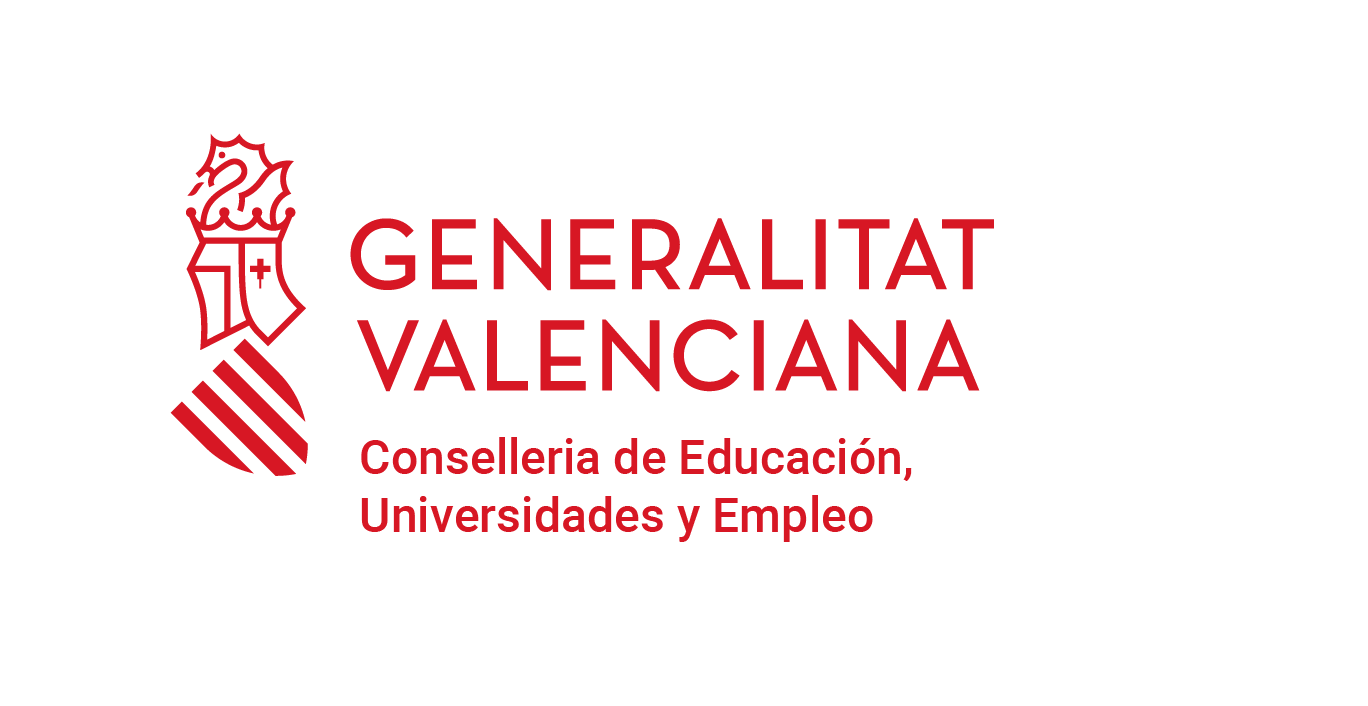During the event, parks’ specialisation in attracting oversees investment through clusters was debated. Jaime Quesado, the representative of the Portuguese Clusters Group explained that the main sectorial areas of Portugal are Forestry, Mining, Maritime and Climate, and that the main challenge lies in creating a value chain of knowledge in these areas.
Emidio Gomes, Chair of the Committee for Coordination and Regional Development in north Portugal, stressed the importance of the scenario for regional collaboration that is opening up in Europe.
Francisco Negre, Chair of the APTE’s Delegate Commission of Financing and General Director of Espaitec, the Science, Technology and Business Park of the UJI, explained the major challenge of forming a new definition of Park, characterised by a financing model based on the creation and exploitation of valuable services for Parks’ organisations, and on the need to generate internal and external human and financing capital flows in order to have an impact on their territory.
Finally, Josep M. Piqué, the Vice-Chair of APTE, explained the clusters model that characterises Project 22@ as an instrument to draw investment that is set up in the city to compete in the world.




